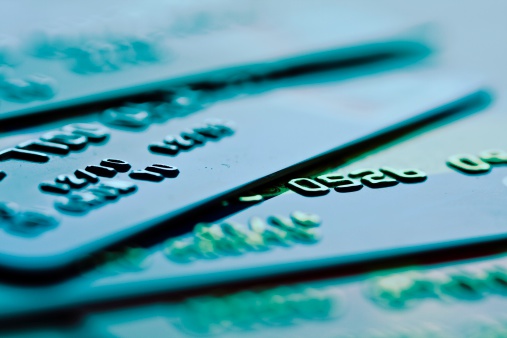Banking, finance, and taxes
Credit Card Issuers Show Growing Appetite for New Fees
Published:
Last Updated:

Fee income has become more important to banks as they try to boost revenues. In 2012 bank interest income totaled $67.1 billion, and that dropped to $65.4 billion in 2013 and stayed at that level in 2014. Fee income has risen from $82.5 billion in 2012 to $90.3 billion in 2014. The data were compiled by bank card advisory firm R.K. Hammer and reported in a report released Thursday by CreditCards.com, a wholly owned subsidiary of Bankrate.
Here are the most common fees:
The researchers expect credit card fees to stick around, and most likely increase in number, over the years. One possible new fee: a charge to redeem all those reward points you’ve been saving up. Don’t say you weren’t warned.
Let’s face it: If your money is just sitting in a checking account, you’re losing value every single day. With most checking accounts offering little to no interest, the cash you worked so hard to save is gradually being eroded by inflation.
However, by moving that money into a high-yield savings account, you can put your cash to work, growing steadily with little to no effort on your part. In just a few clicks, you can set up a high-yield savings account and start earning interest immediately.
There are plenty of reputable banks and online platforms that offer competitive rates, and many of them come with zero fees and no minimum balance requirements. Click here to see if you’re earning the best possible rate on your money!
Thank you for reading! Have some feedback for us?
Contact the 24/7 Wall St. editorial team.